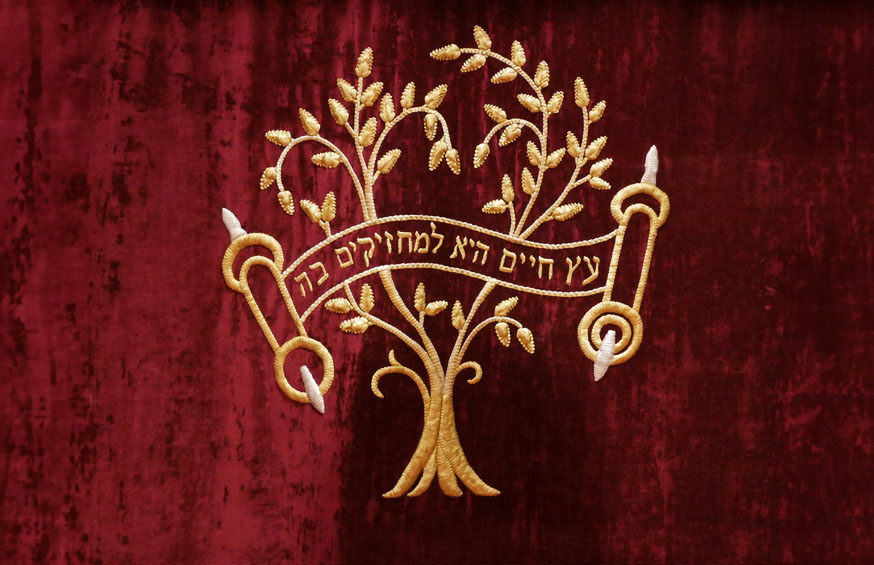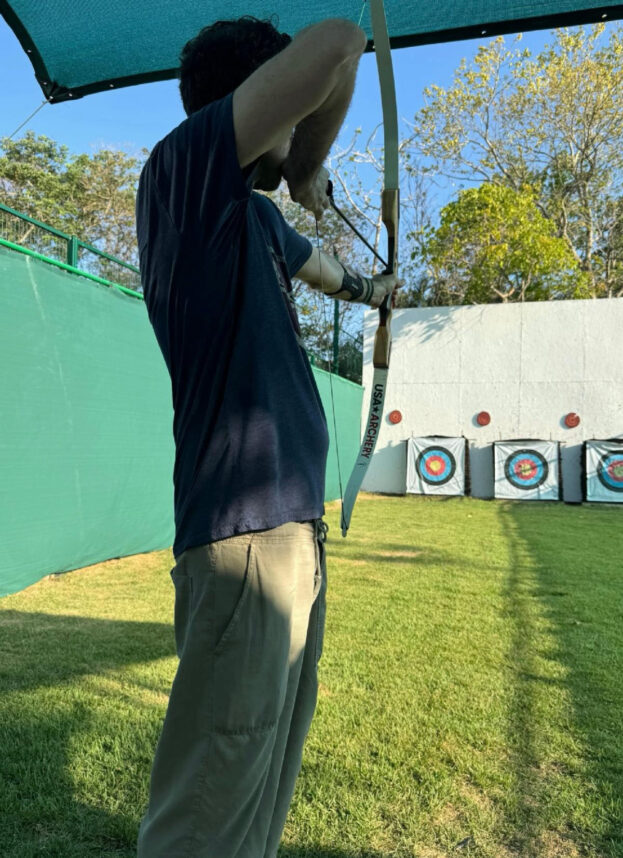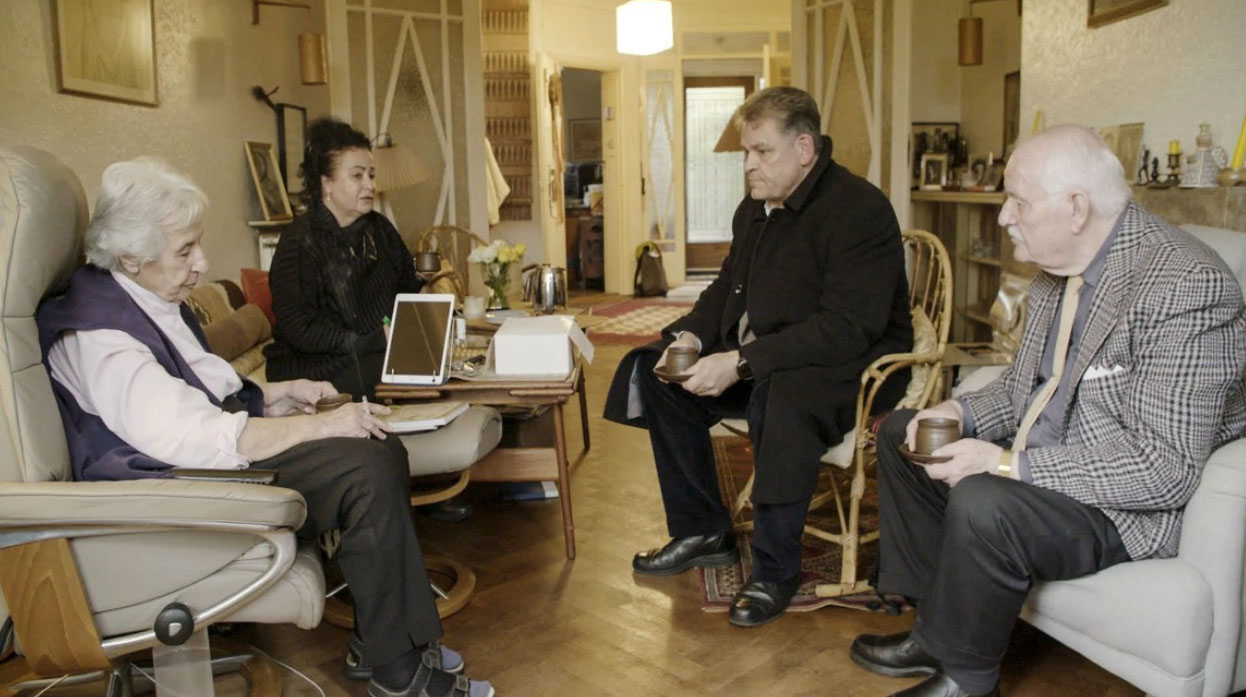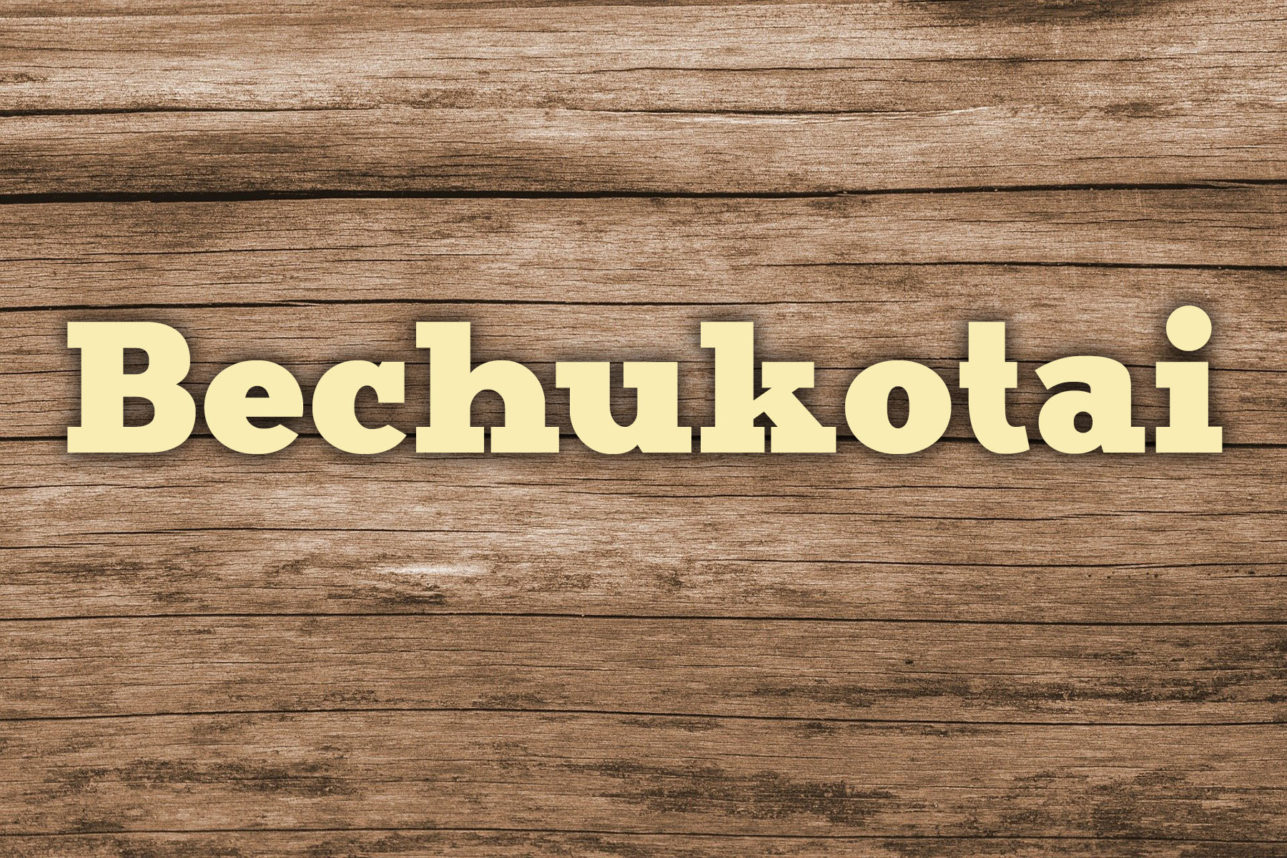We are regularly bombarded by ads touting what we should and should not be putting in our mouths. We are told to eat this so we can lose weight, to not eat that because it could raise our cholesterol. We hear promises of how ingesting a certain product will make us stronger, beautiful and healthy.
But what about what comes out of our mouths? If our tradition teaches us anything, it is the power of words — for good or evil, pain or joy.
In this week’s portion, the great prophetess Miriam is stricken with tzaraat, a type of skin infliction similar to leprosy. Our sages are clear as to why: She slandered Moses by insulting his wife and then claiming Hashem speaks with her as well. As a result of what comes out of her mouth, she is stricken with disease and quarantined outside the camp; only the prayerful words of her brother, Moses, lead to her healing: “Please God, heal her now” (Numbers 12:13).
There is a vital teaching here that we need to remember at all times: When we speak ill of another person, we are creating a disease that affects the entire community. Like a disease that is easily passed from one to another, our rumors and gossip affect not only the person about whom we speak, but directly hurt the world. Each of us has been affected by someone spreading a rumor, and we all know how difficult it is to eliminate a rumor once it has been started. Like tzaraat, rumors, gossip and slander change the way we perceive someone at such a basic level that the entire community becomes contaminated. Lashon hara, the evil tongue, hurts everyone, especially the person who is expressing it.
When I was younger, I once heard about a rabbi of whom it was said “only pearls fall from his mouth.” At the time, I thought that meant that he always spoke words of wisdom; later I realized that the deeper meaning is he never said a bad thing about anyone. He always had the ability to find the good in people and to express it verbally. How much better would our world, our workplace and our relationships be if we remembered to act similarly? And when you looked at this rabbi, you could see that he truly was filled with the light of Hashem simply by the intangible glow that filled a room when he smiled or taught. In contradiction to the act of Miriam in this week’s portion, his skin was filled with light as opposed to tzaraat.
This week’s portion reminds us to be careful of the words we speak, and how they can hurt us. But it also gives us a powerful reminder about the strength of meaningful words and their ability to affect even God.
Moses’ prayer for his sister was not a long, drawn-out affair. He did not give a 20-minute sermon about how and why Miriam should be healed. He did not offer an intellectual or erudite prayer composed of fancy sayings and long words. Moses just prayed simply and from his heart: “El nah r’fah nah la” (Please G-d, heal her now). It is this type of prayer, the simple one from the depths of our souls, that carries with it the ability to bring healing and beauty into the world.
We need to remember to speak well of each other, especially during debates, arguments and in times of stress. Rabbi Yisrael Salanter, considered the founder of the Mussar movement, said, “Writing is easy, erasing is difficult.”
We need to be careful about our words, remembering that what is once said cannot be taken back so easily.
There is a wonderful tradition that we should end each conversation with a friend with words of Torah, a nice way to ensure that we pay respect to each other at the end of any encounter.
I pray that each of us will be able to watch our words, and be aware of the power that they have on others. May we all be blessed to speak simply and from our hearts; to avoid gossip of any sort; and to let our words be words of support and caring for each other at all times.
Rabbi Michael Barclay is associate rabbi at Temple of the Arts in Beverly Hills (templeofthearts.org) and spiritual leader of Temple Ami Shalom (amishalom.org), a Conservative congregation in West Covina. He can be reached at {encode=”rabbi@amishalom.org” title=”rabbi@amishalom.org”}.






















 More news and opinions than at a Shabbat dinner, right in your inbox.
More news and opinions than at a Shabbat dinner, right in your inbox.